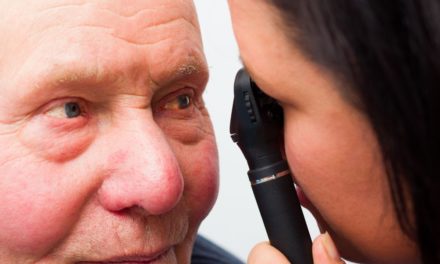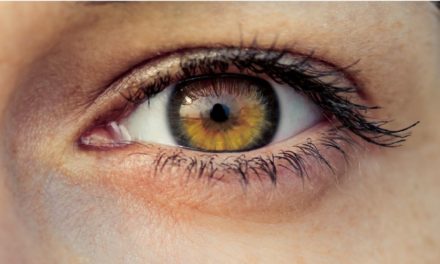Introduction
Conjunctivitis, commonly known as “Pink Eye,” is a contagious eye condition that causes inflammation of the conjunctiva, a thin membrane covering the front surface of the eye and the inner surface of the eyelids. The infection can be caused by viruses, bacteria, allergens, or irritants, leading to symptoms such as redness, itching, and eye discharge. Preventing conjunctivitis is essential to maintain eye health and minimize the risk of transmission to others. In this article, we will discuss best practices to avoid conjunctivitis and protect your eyes from infection.
Practice Good Hand Hygiene
Frequent handwashing is one of the most effective ways to prevent the spread of conjunctivitis. Wash your hands thoroughly with soap and water for at least 20 seconds, especially after touching your face, blowing your nose, or caring for someone with conjunctivitis. Avoid touching your eyes with unwashed hands, as this can introduce germs into the eye area.
Avoid Eye Contact with Infected Individuals
Conjunctivitis is highly contagious, and direct contact with infected eye secretions can lead to transmission. Avoid close contact with individuals who have conjunctivitis, especially during the acute phase when the symptoms are most severe. If you must be in contact with an infected person, practice caution, and wash your hands immediately after.
Do Not Share Personal Items
Avoid sharing personal items, such as towels, washcloths, eye makeup, or contact lenses, with others. Sharing such items can transfer the infection from an infected person to you. Keep your personal items for individual use only to reduce the risk of conjunctivitis transmission.
Maintain Good Eye Hygiene
Proper eye hygiene can help prevent conjunctivitis and other eye infections. Avoid rubbing or touching your eyes unnecessarily, as this can introduce bacteria or irritants into the eye area. Make sure your hands are clean if you need to touch your eyes for any reason.
Follow Contact Lens Care Guidelines
If you wear contact lenses, follow the proper care and hygiene guidelines provided by your eye care professional. Always wash your hands before handling contact lenses and disinfect them regularly as per the recommended schedule. Avoid sleeping with contact lenses in, unless they are approved for extended wear.
Keep Your Environment Clean
Maintain a clean environment to minimize the risk of conjunctivitis. Regularly clean and disinfect frequently touched surfaces, such as doorknobs, light switches, and shared equipment. Clean eyeglasses and sunglasses with appropriate lens cleaning solutions.
Practice Respiratory Etiquette
Respiratory viruses can cause viral conjunctivitis. Practicing respiratory etiquette, such as covering your mouth and nose with a tissue or your elbow when coughing or sneezing, can prevent the spread of viruses that can lead to eye infections.
Avoid Allergens and Irritants
If you are prone to allergic conjunctivitis or have sensitive eyes, avoid exposure to allergens and irritants that can trigger the condition. Pollen, pet dander, smoke, and certain chemicals can exacerbate allergic conjunctivitis. If you know your triggers, take necessary precautions to minimize exposure.
Result
Preventing conjunctivitis is essential to safeguard eye health and prevent the spread of infection to others. By practicing good hand hygiene, avoiding eye contact with infected individuals, and refraining from sharing personal items, you can reduce the risk of contracting conjunctivitis. Additionally, maintaining good eye hygiene, following contact lens care guidelines, and keeping your environment clean contribute to a healthy eye care routine. With these best practices, you can take proactive steps to protect your eyes from conjunctivitis and other eye infections, promoting better eye health and overall well-being.










